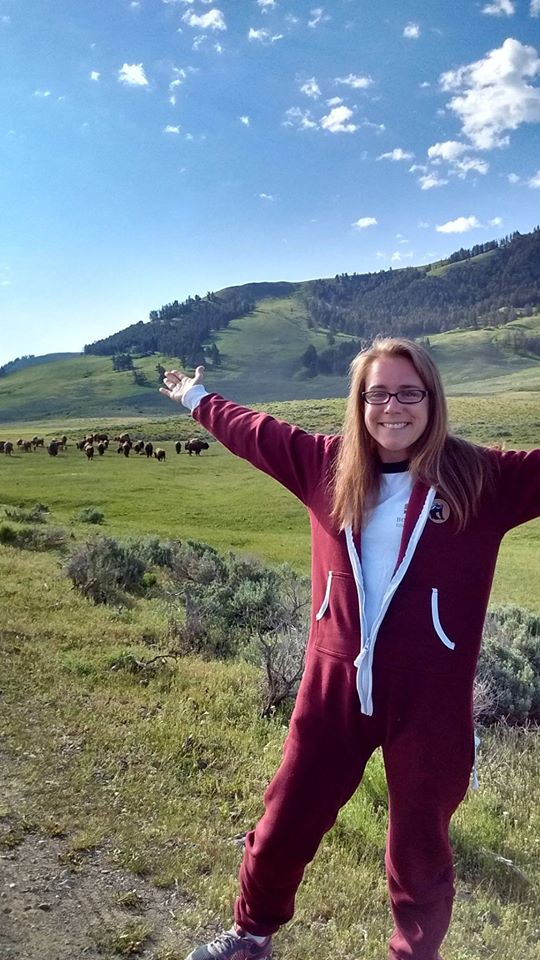This is my last week at Bellwether. Next week, I’ll be joining D.C.’s Office of the State Superintendent of Education as Assistant Superintendent for Early Learning. As a District of Columbia resident, I’ve long been incredibly proud of my city’s leadership in early childhood. I’m thrilled to work with State Superintendent Hanseul Kang and our exceptional early childhood professionals; schools; and community, health, and advocacy partners to support children, families, and early childhood educators through this current crisis and build an even stronger system going forward. But I’m also sad to leave Bellwether, an organization I’ve helped build over the past decade and whose mission I believe in deeply. 
Bellwether was created because its founders knew that achieving the results we seek for all children requires strong organizations, system and policy changes grounded in evidence, and leadership with a deep commitment to equity. We were — and still are — unique in that many organizations focus on one of these areas, but very few work across all of them.
When I joined in February 2010, I never dreamed that I would be here for over 10 years or that Bellwether would grow from five people to over 60. Bellwether has taught me not just how to be a smart policy wonk but also a strategic advisor and people manager. Through collaborating with scores of early childhood and K-12 clients, I’ve deepened my understanding of the business, operating, policy, and practice challenges facing early childhood and K-12 educators and systems leaders. And I’ve seen first hand some of the most promising strategies and innovations that leaders around the country are putting in place to address those challenges.
My early days at Bellwether coincided with the first year of the Obama presidency and the trough of the Great Recession. States were eagerly enacting new education policies tied to Race to the Top, Common Core, and expansion of charter schools. There was a great energy around reform and a lot of enthusiasm to try new things. A decade later, much has changed in the economic, political, and education policy landscape. We now face tremendous public health, economic, and political crises that we never expected in 2010.
And many of those who have led change are wondering how to renew momentum in a landscape where other issues dominate public dialogue. Some ideas that pushed education progress over the last two decades appear to have run their course and are ripe for reinvention. At the same time, policymakers, parents, and the public have increasingly recognized the importance of early childhood care and education — and the need to do better by our youngest kids and families. Now, COVID is creating major financial and operational challenges for the early childhood sector, in large part because it amplifies existing flaws in early childhood business models and funding mechanisms that were already broken.
These are big challenges with no easy answers. But some of the things I’ve learned at Bellwether over the past decade may help leaders chart a course forward:
- Efforts to strengthen early childhood program quality and systems must be grounded in an understanding of the operating and business realities of the organizations and individuals that care for and educate young children.
- Efforts to advance equity for underserved student populations need to engage and be responsive to families’ and communities’ needs and dreams for their children.
- Policymakers and experts can’t assume that we know what families and communities want or need, and there is deep knowledge in communities that can help strengthen the impact of education and early childhood efforts.
- Choice finds a way: When existing education and care systems don’t provide parents what they and their children need, families will go outside those systems to build new things that do. History bears this out time and again, and we’re seeing it now in families’ responses to COVID. Both those who support policies that expand educational choice and those who oppose them need to take this seriously. When affluent families do this, it can undermine educational equity; but when families who are further from privilege have the tools to do the same, it can create powerful new opportunities. And the choices that policymakers, philanthropic funders, and community leaders make will influence which outcome occurs.
I’m excited to take what I’ve learned to improve early learning outcomes for children and families in a city I love. While leaving an organization I’ve worked at for a decade is bittersweet, I’m proud that I’m leaving a team committed to improving early-childhood education through multiple levers nationwide. Strategic Advising Partner Jeff Schulz, Associate Partners Ashley LiBetti and Bonnie O’Keefe, Senior Associate Partner Lauren Schwartze, and Consultant Christine Wade believe deeply in the importance of early childhood in advancing educational and economic equity, understand both the policy landscape of early childhood and the business and operating realities of early childhood providers, and are positioned to help diverse early childhood organizations and initiatives navigate complex challenges long after I leave Bellwether.
I don’t know what the world or education will look like 10 years from now, but I’m committed to working in whatever ways I can to try to make it better and more equitable for kids and their families. And I’m grateful to know my Bellwether colleagues and the hundreds of clients we’ve served are working towards that same goal every day.
